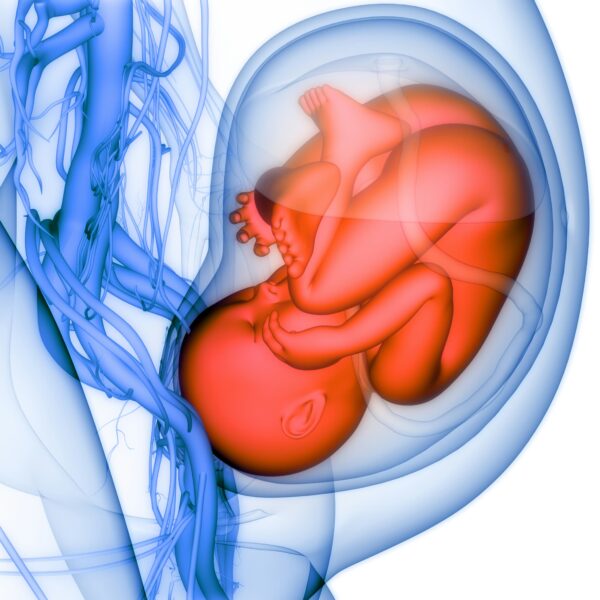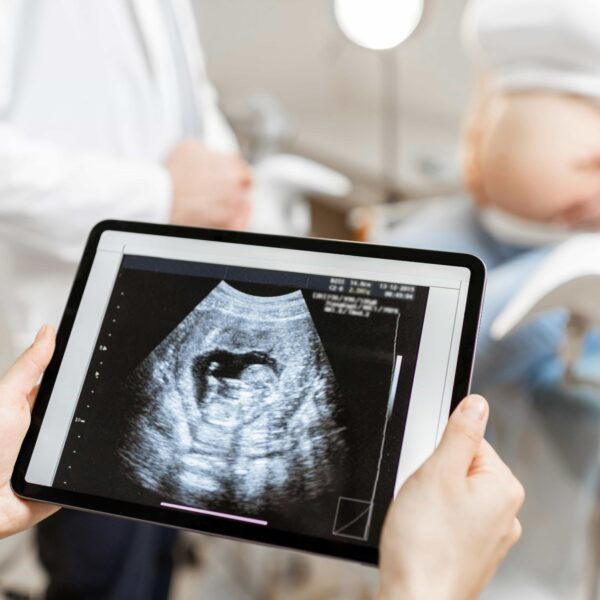Dr Joseph Sgroi will suggest a treatment suitable for your problem. Fertility drugs may be recommended to stimulate and regulate ovulation, in women who are infertile due to ovarian disorders. Other options include assisted insemination, where healthy sperm is collected, concentrated, and placed directly into your uterus, when your ovary releases eggs to be fertilized. This procedure is known as intrauterine insemination (IUI), and can be in tandem with your normal menstrual cycle or fertility drugs. Apart from these, problems with your uterus, such as intrauterine polyps or scar tissue, can be treated with surgery.
In vitro fertilisation (IVF) is a type of assisted reproductive technique, which involves collecting multiple mature eggs from a woman and fertilising them with sperm outside the body, in the lab. Once fertilized, the embryos are implanted into the uterus within three to five days.
Some of the other techniques used in IVF include intracytoplasmic sperm injection (ICSI – a single healthy sperm cell is directly injected into a mature egg), assisted hatching (the outer covering of the embryo is removed to facilitate embryo implantation into the uterus), and using donor eggs or sperm. Gestational surrogates may also be considered for women for whom pregnancy poses high health risks, or for those who have a nonfunctional uterus.










